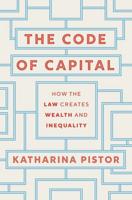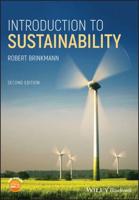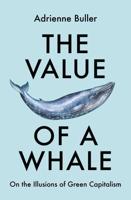Publisher's Synopsis
As a result of a national referendum in 1980, the Swedish government was committed to phasing-out the country?s twelve nuclear reactors, representing 55 percent of the country?s electricity production (75 TWh in 1991). This policy decision along with several others has had far reaching effects on the production and consumption of electricity in Sweden, as the only alternatives to replace the lost nuclear capacity are wind power, biomass and energy conservation. Relatively little is known about the potential of additional energy conservation, based on household behaviour changes, to help replace Sweden?s nuclear energy capacity. This book addresses that potential. Among the major findings is that people who consider themselves antinuclear were no more likely to report that they engage in two types of important energy conservation behaviours than those who considered themselves pro nuclear and also that it will be difficult to reach the theoretical potential of 10 percent energy savings without a major effort by the Government to encourage household energy conservation. -









